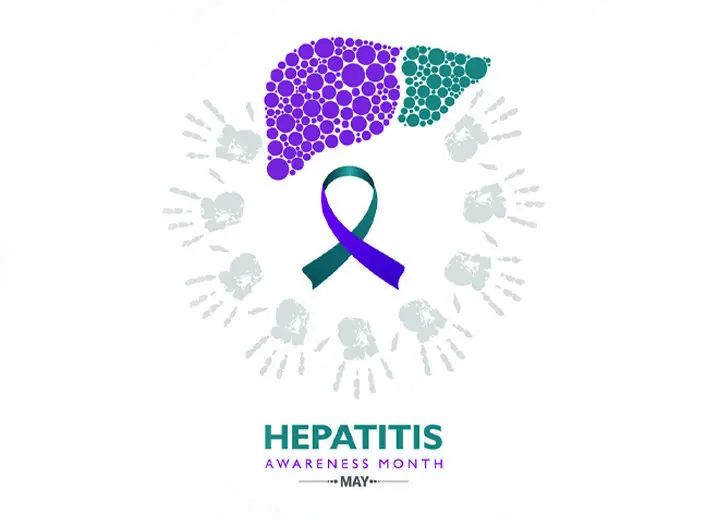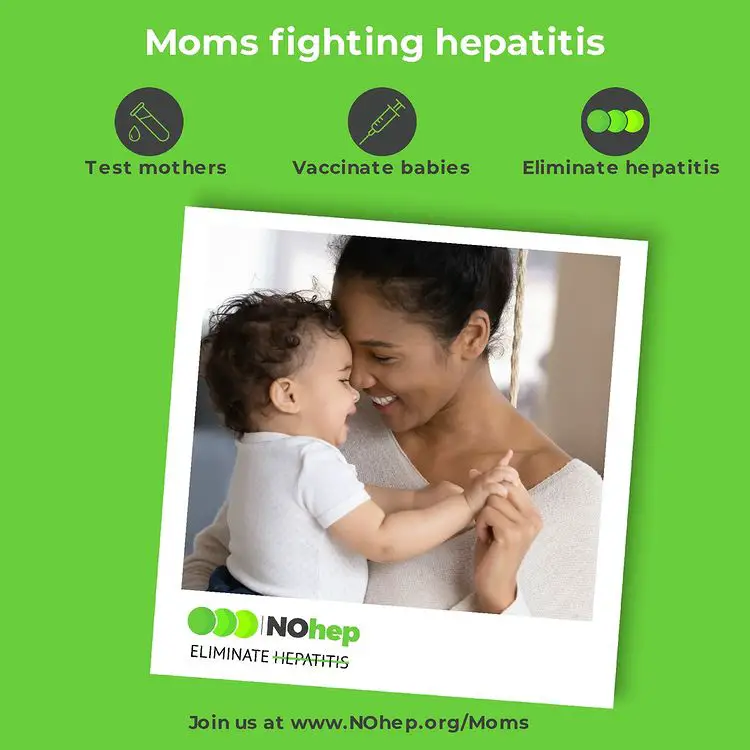
Hepatitis Awareness Month | Biography
The presence of the virus can be diagnosed by a simple blood test. So throughout the 31 days of May, local, state, and federal health agencies, followed by private and public offices, collaborate to aware people of the vaccinations of HAV and HBV, followed by blood testing for HBV and HCV.
Millions of people in America have been the victim of untimely diagnosis of Hepatitis, leading to chronic liver disease, cancer, and death. So, every year in May, the US government bones its resources to aware people of this silent killer.
What is Hepatitis Awareness Month?
Hepatitis is a virally caused medical condition that affects the liver. There are three types of Hepatitis; hepatitis A virus (HAV), hepatitis B virus (HBV), and hepatitis C virus (HCV). HAV is a mild form of the disease and does not have a cure, but it can develop into HBV and HCV. There are vaccines to prevent HAV, and only in rare cases it can cause liver failure and death.
On the other hand, HBV and HCV are contagious and severe forms of Hepatitis that result in mild to extreme liver disease, liver cancer, and death. There is a preventive vaccine for HBV like HAV but not for HCV. While HBV does not have a cure, it requires dependent care followed by antiviral treatment for recovery. And HCV can be cured by modern medications and care.
Both HBV and HCV are chronic. They can affect for a few weeks or leave lifetime liver illness if treated. Extreme cases result due to negligent care or late diagnosis. Unfortunately, most patients do not realize or choose to ignore the symptoms of the virus, which is why the United States government assigned the month of May as hepatitis awareness month.
The presence of the virus can be diagnosed by a simple blood test. So throughout the 31 days of May, local, state, and federal health agencies, followed by private and public offices, collaborate to aware people of the vaccinations of HAV and HBV, followed by blood testing for HBV and HCV.
The Public Health Office of the USA estimated that, on average, 862,000 citizens have HBV, followed by 2.4 million with HCV every year. Unfortunately, they are unaware that they are afflicted, putting them at risk for serious, perhaps deadly, complications and spreading the infection to others. In the United States, untreated chronic viral Hepatitis is the main cause of liver cancer and the most prevalent reason for liver transplantation. Hepatitis B treatment is available and can help avoid developing liver disease and cancer.
In addition to that, HCV kills more Americans than any other infectious illness, yet there are safe and effective oral medicines that cure HCV in more than 95 percent of infected persons in just 8 to 12 weeks, avoiding liver damage and cancer. Therefore, individuals at risk for HBV and HCV should be tested, and those who are persistently infected should be linked to medical care and treatment.
Therefore, the hepatitis awareness month was initiated to encourage, educate, and remind people to get proper medical check-ups to remain safe from the risks.
When is it Celebrated?
The entire month of May is celebrated as Hepatitis Awareness Month. While 19 May is observed as Hepatitis Testing Day. Commemoration of the testing day started in 2012 and was officially delegated in 2013.
World Hepatitis Day?
The discovery of HBV occured only in 1967 by an American doctor and researcher, Dr. Baruch Blumbreg. Eventually, he also developed the preventive vaccine for HBV in 1969. So, to honor and remember his contribution to medical sciences every year, on 28 July, the birthday of Dr. Blumberg, World Hepatitis Day (WHD), was commemorated.
WHD is observed by organizations all over the globe, including the World Health Organization (WHO) and the Centers for Disease Control and Prevention (CDC), to promote awareness of viral Hepatitis. In addition, WHD provides a chance to educate people on the severity of these diseases, the CDC's global efforts to battle viral Hepatitis, and preventive measures that individuals may take.
Noble Winning Dr. Baruch Blumberg
Baruch Samuel Blumberg was born on 28 July 1925 in Brooklyn, USA. He received his M.D. from Columbia University College of Physicians and Surgeons in 1951, followed by a Ph. D. degree in Biochemistry from the University of Oxford in 1960.
In the early 1960s, Dr. Blumberg was investigating blood samples from a wide range of ethnicities in order to figure out why members of various ethnic and national groupings have such disparities in their illness reactions and susceptibility. In the blood serum of an Australian Aboriginal person in 1963, he detected an antigen that, later in 1967, he determined to be part of a virus that causes HBV, the most severe type of Hepatitis.
After that discovery, he conducted a test between the blood of suspected hepatitis B with his newly identified Australian antigen. From initial testing itself, the Australian antigen-stimulated the infected body to create antibody responses to the virus. Additional studies further corroborated that the body's creation of an antibody against the Australian antigen protected it from further viral infection.
The antigens went on to become a preventive vaccine against HBV. Then in 1976, Dr. Blumberg shared the 1976 Nobel Prize for Physiology or Medicine with Dr. Carleton Gajdusek for their contribution to the development of infectious disease studies.
In the United States, safe and efficacious vaccination based on the Australian antigen became commercially accessible in 1982. In 2002, Dr. Blumberg also published a book on his Nobel-winning study. 'Hepatitis B: The Hunt for a Killer Virus.'
Recap Hepatitis Day 2020 and 2021
In 2020, two more forms were discovered among the three strains of Hepatitis. So then, for the World Hepatitis Day 2020, WHO and CDC campaigned their annual awareness on preventing the transmission of the virus among newborns and mothers. It was themed 'Hepatitis Free- Future.'

Then the 2021 awareness was themed to eliminate Hepatitis as a 'public health threat' by 2030. The WHO, CDC, with other international organizations urged counties and regional corporations to push the agenda of timely diagnosis, regulation of preventive vaccines, and proper care of the infected. The slogan was 'Hepatitis Can't Wait.'
